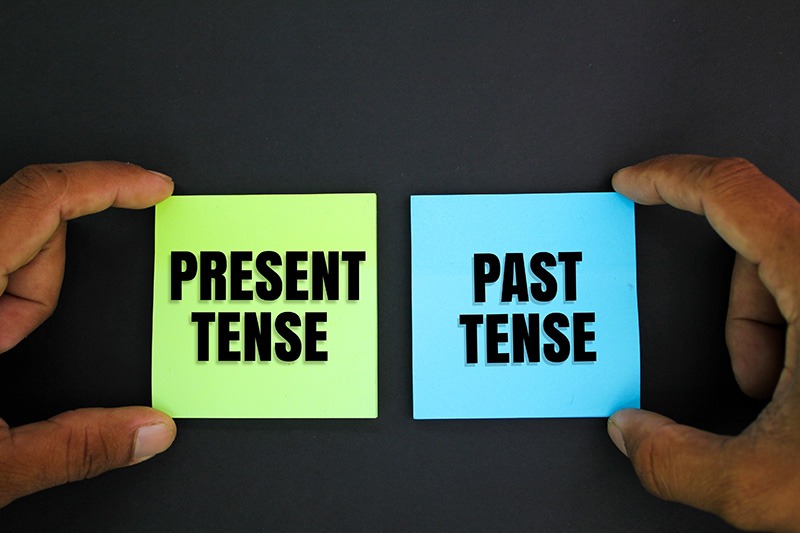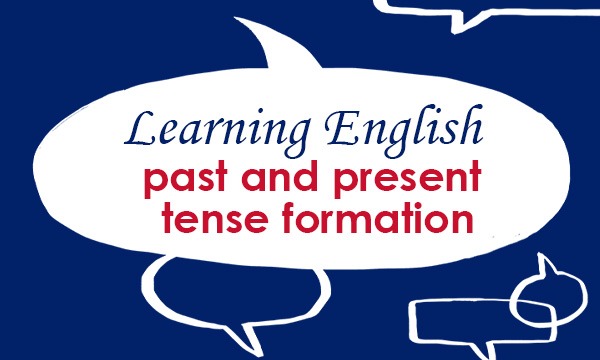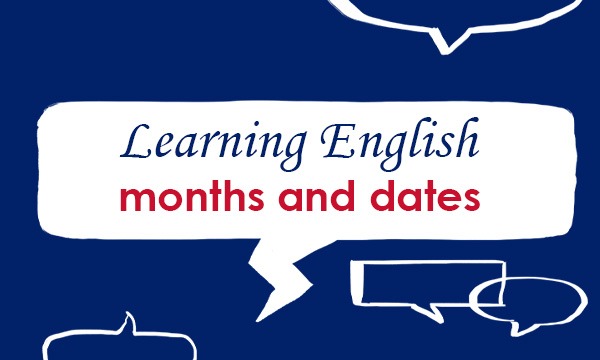
The present tense of a regular verb is the same as the base form of the verb, except that an -s is added to the verb when it has a noun or he, she, or it as a subject. This form is called the 3rd person singular form.
I live in the country.
He likes his job.
The window looks onto a large garden.
The past tense of a regular verb is made by adding-ed (or -d if the verb already ends in -e) to the base form of the verb. The spelling is the same for all forms.
She liked her steak medium rare.
They lived not far from Glasgow.
We looked at several houses before buying this one.
The present tense of an irregular verb is formed in the same way as a regular verb, from the base form of the verb. The 3rd person singular form ends in -s.
I go to university.
She finds her keys under the sofa.
The road goes into the centre of town.
Irregular verbs make the past tense in a number of different ways. Sometimes the past tense is a completely different word. The spelling is the same for all forms.
I find -> I found
they go -> they went
she brings -> she brought
For further information on English Grammar, visit: https://grammar.collinsdictionary.com/easy-learning
Come back for other blogs on using English in everyday situations: https://blog.collinsdictionary.com/language-learners/learning-english
All opinions expressed on this blog are those of the individual writers, and do not necessarily reflect the opinions or policies of Collins, or its parent company, HarperCollins.



